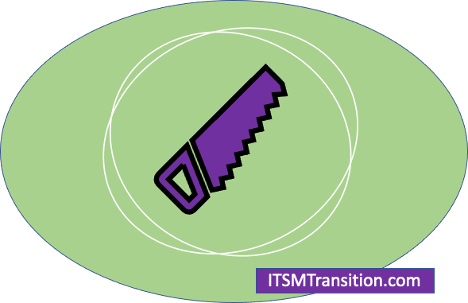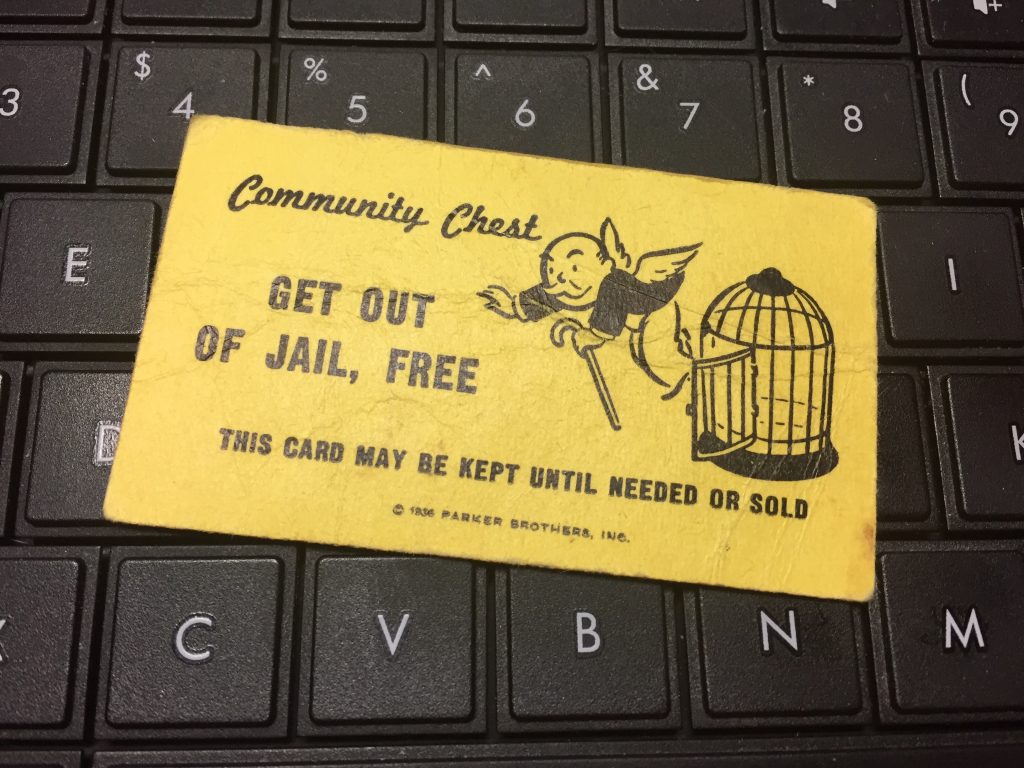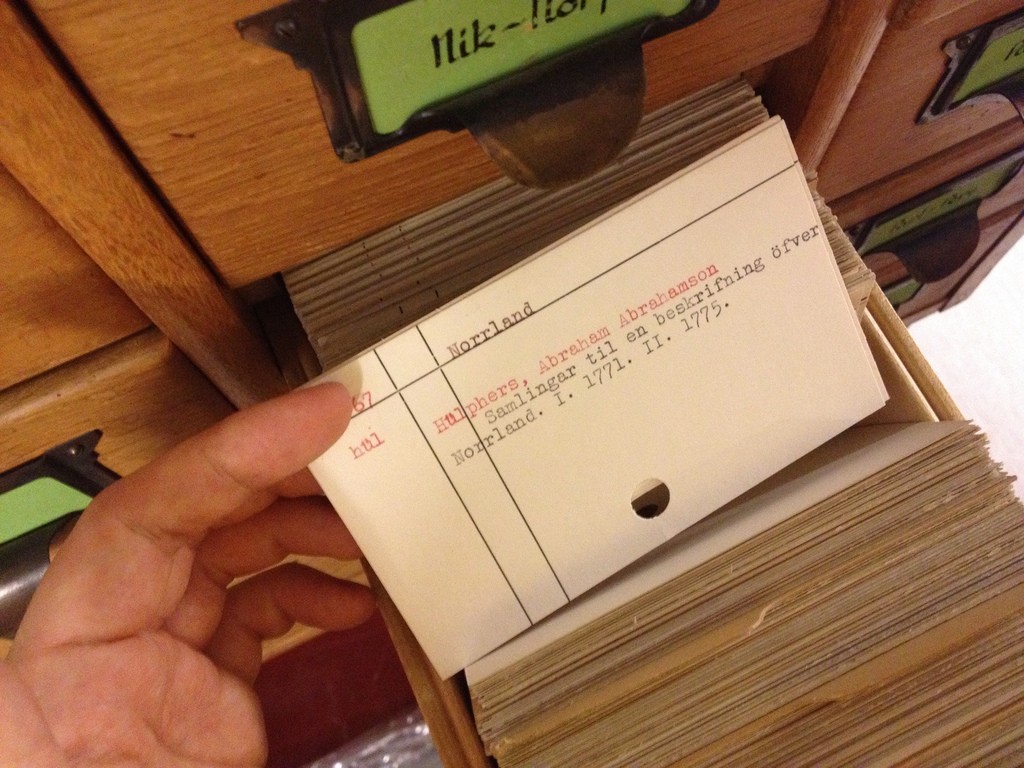I don’t try to be controversial, but this whole metrics and SLA thing is problematic. To be blunt: so many organizations measure and report on a great many things, most of which just doesn’t matter. In this article, I’m going to share what I’ve learned about measurement and reporting in my years in Service Management. …
Author: Greg Sanker
Change Management is Not CAB
I’ve helped a lot of organizations improve their Change Management capability. When coming in from the outside, it’s important to quickly size up the culture and context to the best of your ability. One of the ways I’ve done this is paying attention to language. In the Change Management space, if and how “CAB” is …
Who said Best Practices are best for everyone?
I’ve seen several articles recently railing against the very idea of best practices. In this article, I’ll take a closer look at where this criticism is coming from and take it head on. I recently read a classic executive-targeted article article from CIO.com by Bob Lewis, Why every IT leader should avoid ‘best practices’. His …
Agile-izing ITSM, Part 2
If there’s one thing that describes successful organizations in our time, it’s “agility” – the ability to quickly detect and rapidly act on change in ways beneficial to the organization. For its part, IT has had agile intentions for some time, but it still eludes many, and how to agile-ize ITSM remains a common challenge …
Agile-izing ITSM, Part 1
There’s no doubt about it; we’re in the Age of Agile. We’re kind of late into it, yet, I’m frequently asked how we can ‘agilize our ITSM.’ Why isn’t ITSM agile? ITSM has taken a beating in the Age of Agile; stood up as a bit of straw man; the slow and bureaucratic nemesis of …
Is Change Management Obsolete… again?
Change Management has again returned to the headlines, though you may not have heard it that way. Two years ago in Change Management in the age of DevOps, I wrote about the profound business impact of failed changes when Facebook and Target both had significant change-related outages. Financial markets reacted immediately, with significant financial impact …
“ITIL® is Insufficient”
Here we go again. Announced this week – Axelos – the company who owns ITIL is being sold to PeopleCert. Industry response varied greatly, but nearly eclipsed another significant announcement. IT Revolution quietly published A Framework for Incident Response. How these two relate and what it means is the subject of much industry chatter presently. The words of …
“Control” Offensive? I’m throwing the flag
There’s been a great deal of discussion recently about the phrase “Change Control” – especially with ITIL® 4 switching from Change Management to Change Control in the initial release of the foundation book. I wrote about it in What’s with Change Control in ITIL4. But shortly thereafter, it somewhat unceremoniously changed to Change Enablement. Akshay …
Change management in the age of DevOps
“IT is becoming more integrated into the business of organizations, and more integrated with the work of their staff and customers. As a result, the pace and frequency of change – changing requirements and IT service changes to address the requirements – is increasing. We are also in a period of rapidly changing technology. At …
What’s with ‘Change Control’ in ITIL4?
IT has been calling Change Management by that name for decades. In the latest update to the de facto ITSM framework – ITIL®, the practice has unceremoniously been renamed to Change Control. A move that some feel hearkens back to the worst elements of bureaucratic, command-and-control that many attribute to ITIL to this day. Nothing …
Is a CMDB required for effective IT?
Everyone knows a Configuration Management Database ( CMDB ) is a good idea. We’ve known that for years. And yet, in many years of ITSM practice, I’ve rarely seen a good one. CMDB and Change Management There’s a big difference between the ability to automatically scan for devices and a functional CMDB (or the broader …
ITSM Predictions for 2019: A Practitioners View
Every year there’s a flurry of predictions for the coming year. This year, I decided to make my own list, from the neutral vantage point of an ITSM practitioner. I have no ulterior motive, or financial stake in these predictions – they’re simply my perspective at this point in time. 1 – Year of the …
Strategy and Culture: What I’ve Learned as a new CIO
This year I accepted a CIO position at a state (government) agency. It’s been a great year of learning and growing, not the least of which being that the organizational landscape looks a lot different from this altitude. What a difference one level makes! “They” You know how there’s always a “they” – those anonymous …
IT Change Risk Analysis
Ever see a “low risk” change cause major issues? “We’ve done it before and never had any problems” doesn’t cut it in the aftermath of a business-impacting incident caused by a “low risk change”. Let’s be clear – all IT changes have risk. Some more than others. Effective Change Management ensures change risks are analyzed …
Killing CAB, Part 3: Change Models
In this third and final installment in the Killing CAB series, I’ll be talking about Change Models – perhaps the most widely overlooked method of streamlining IT Change Management. It’s only a model (If you landed here, consider going to the first article in the Killing CAB series.) Many IT people hate ‘traditional IT Change Management’ …
Killing CAB, Part 2: Delegated Change Authority
What if I told you there’s a way to effectively manage changes without CAB reviewing each one? Would you be interested? Yeah, you and everyone else in the IT world.
Technical Debt: The real cost of deferred maintenance
Forgone IT maintenance comes at a cost. For most companies, it’s a never ending battle. Here’s five tips for getting out of technical debt.
Are 80% of all IT Incidents Change-Related?
Everyone’s heard that IT causes the majority of incidents when changes go wrong, but is it really true? Are 80% of all incidents change-related?
IT Change Management or Blame Management
Far too often the first question when changes go bad is “did it go to CAB”. The question is not only the wrong one, but reveals some poor thinking behind the question.
Getting started with a basic service catalog
Knowing you need a service catalog and getting your organization to have one are two very different things. Here’s some practical advice for getting started with a basic service catalog (even if you don’t have a full ITSM program!)



















